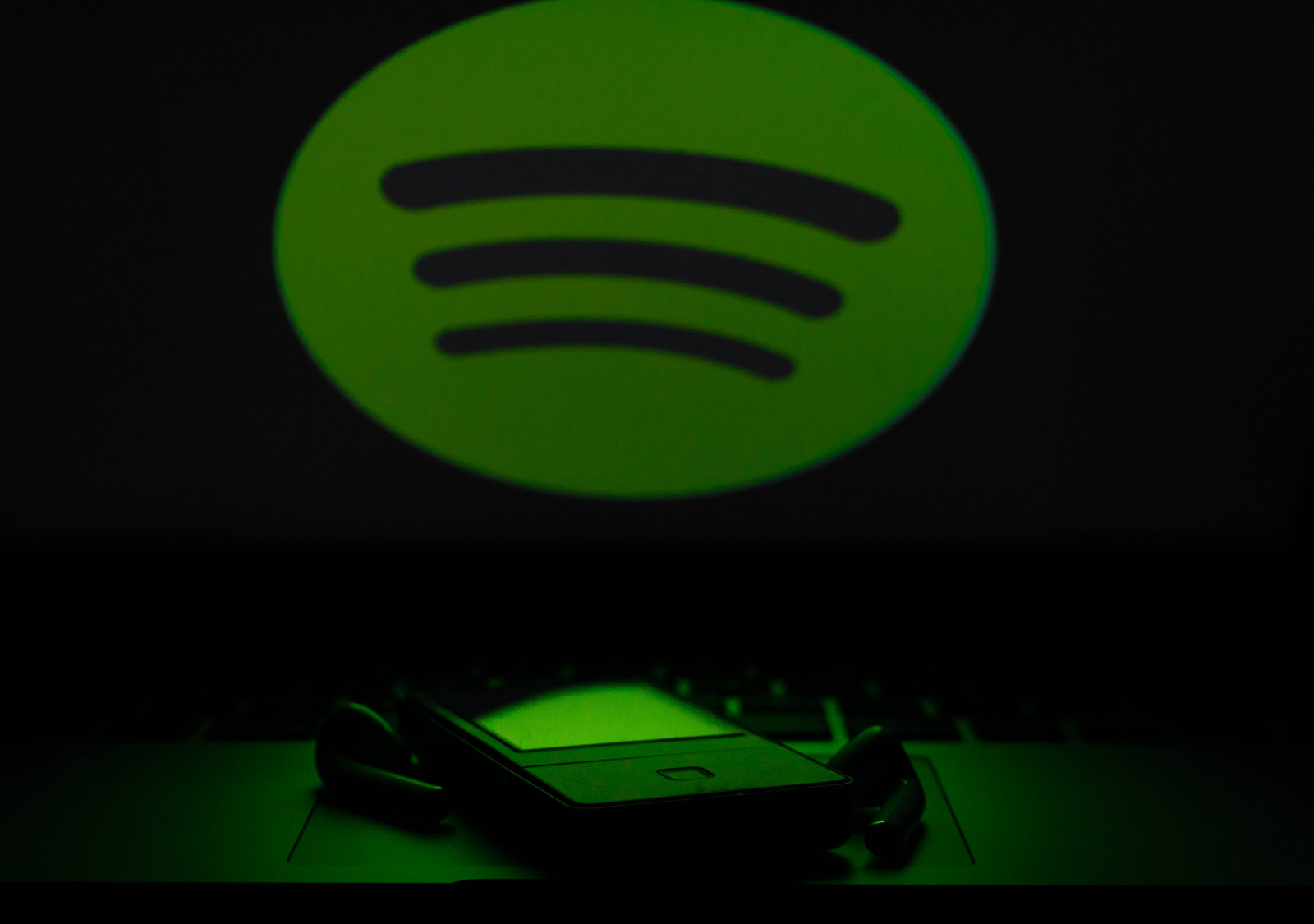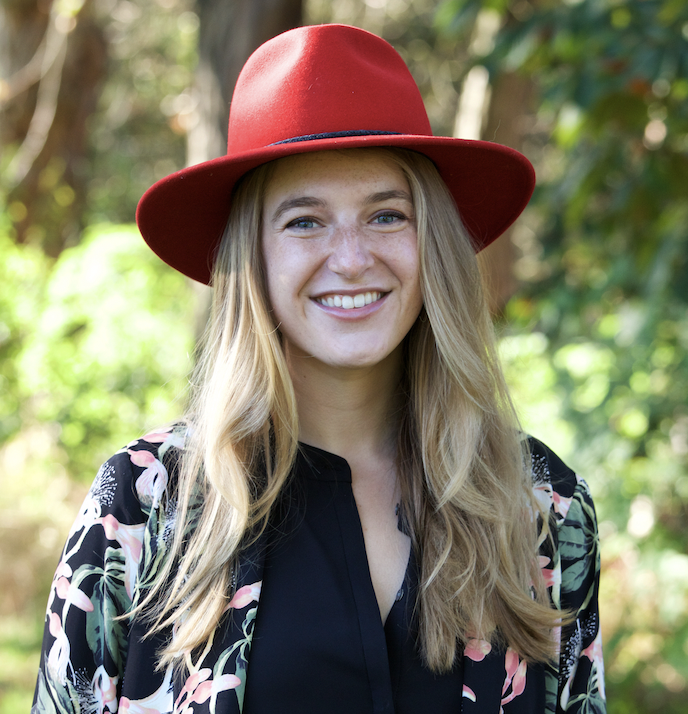The cracks in Spotify’s exclusive strategy are starting to show

Photo: Reet Talreja

While its invest-or-die strategy in podcasting has made Spotify the most popular platform for podcast listeners (43%), podcasts remain a niche activity overall, with little development in the user experience so far. Now, Spotify has axed eleven podcasts and laid off many audio staff members, and it is not the only podcasting company to do so. The market is still in its early stages of development, and during a challenging time for the entire entertainment industry no less. The recent layoffs in particular point to some of the cracks in Spotify’s exclusivity strategy.
Podcasts are not a straightforward success
Granted, Spotify is not the only platform making cuts in its podcast division. After announcing three new shows in February, CNN has laid off parts of its audio staff and will decrease its number of shows. Additionally, Audacy is reportedly looking to sell podcast studio Cadence13, which it acquired in 2019. Podcasting is not as straightforward a path as it may seem. Podcasts are vessels for advertisements that are cheaper to host than music content. However, while the uptick in listenership in the pandemic showed promise for podcasts, in the attention recession, platforms are now trying to mainstream what is essentially a new format in a highly fragmented and oversaturated market. In other words, it is increasingly difficult to make anything mainstream in the current entertainment landscape – let alone any individual podcast and the format itself. This is all in addition to the looming economic recession, which is leading advertisers to slash their budgets. For all these reasons, Spotify is not alone in its podcasting struggles. But its future will depend on its strategy for navigating this landscape, and exclusivity may not be the full answer.
Featured Report
India market focus A fandom and AI-forward online population
Online Indian consumers are expected to be early movers. They are high entertainment consumers, AI enthusiasts, and high spenders – especially on fandom. This report explores a population that is an early adopter, format-agnostic, mobile-first audience, with huge growth potential.
Find out more…The Hollywood agenda
For companies like CNN and Amazon, podcasts are just one small revenue stream. But podcasting is the bet Spotify has to win. At the moment, Spotify’s strategy for accumulating listeners and combating the attention recession is capitalising on big-name celebrity podcasts that are exclusive to the platform, such as Batman Unburied, Alex Cooper’s Call Her Daddy and Megan Markle’s Archetypes. Spotify’s bet is that these shows (or their celebrity hosts) have large enough audiences that listeners will migrate to whichever platform offers them access. However, this unrelenting focus on sure-fire success may come at the expense of the other four million podcasts on the platform.
Spotify’s acquisition of Parcast and Gimlet was a major first step in its transition into the audio market, and several of their shows, including How to Save a Planet and Medical Murders, are included in the eleven shows that Spotify cancelled. In addition to the layoffs, which staff members said left them “blindsided”, the joint statement of Parcast and Gimlet’s unions calls out Spotify’s exclusive strategy, which it says led to a 75% drop in audience, as they claim there was not enough audience development to support the exclusivity decision. We have previously discussed the negatives of the exclusive strategy: while it may work for shows that already have massive audiences, it essentially cuts any newer or smaller podcast at the knees before it has a chance to grow. This, combined with the lack of celebrity faces, could have inspired these shows to be cut. Spotify has also recently removed the two hosts of the podcast Sex, Lies, and DM Slides, – a podcast that the creators made with Spotify – with two new women who have larger social media followings, allegedly without any notice to the original creators. The biggest irony, however, is that these moves may alienate the podcast creators that Spotify is trying to attract. Podcasting platforms must attract creators before they can attract listeners (and with them, advertisers), and while Spotify may be the most popular platform for listening, it is not yet crucial for success the way it is for musicians – podcasters have other avenues. Thus, especially at this early stage in the market, appealing to creators is crucial.

The discussion around this post has not yet got started, be the first to add an opinion.